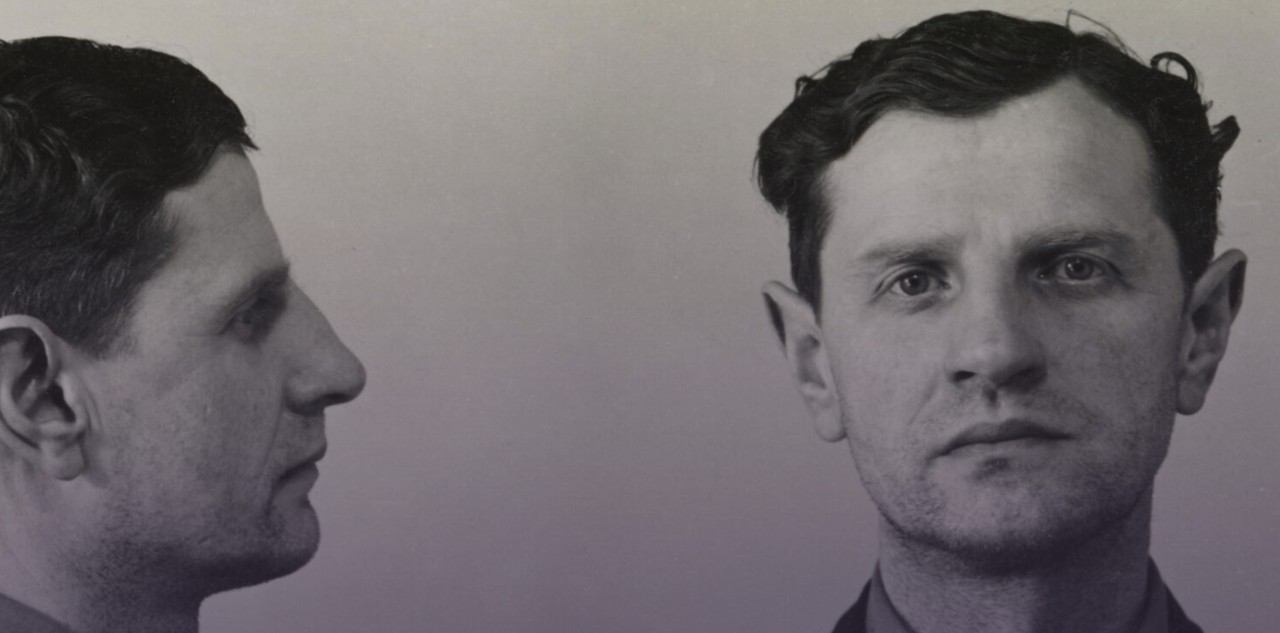For a long time the fate of homosexuals and lesbians during the Second World War has been unrecognised, the general public was largely unaware. This exhibition gives attention to their situation in Belgium, Germany, France and the Netherlands.
It is only in the past few decades that leading historical research has been published on the subject, allowing us to learn more about it. In France, Prime Minister Lionel Jospin’s speech in 2001 paved the way for the official recognition of the deportation of homosexuals.
The exhibition, which draws on various documents, many of which have never been presented in Belgium, aims to answer several questions, situating the persecution of homosexual women and men under the Nazi regime in a broader geographical framework – even though the emphasis is on Belgium, Germany, France and the Netherlands – and over a longer period of time.
Homosexual women and men met different fates. Some elected to go in exile, while others led a double life. In Germany, approximately 50,000 of the 100,000 homosexuals who had been identified by the authorities were convicted: between 5,000 and 15,000 were sent to concentration camps, where the majority died, even though their fate varied significantly depending on the camp to which they were sent and the date of their internment. Lesbians, meanwhile, remained outside the scope of the law, except in certain territories, such as Austria. Some were deported, having been labelled ‘antisocial’ or ‘communist’.
In demonstrating the extent of the Nazi persecution and the richness of the gay and lesbian subcultures that existed in the early 20th century, the exhibition takes up the challenge of saving this piece of history from oblivion.
It also starts from a scientific premise, because people must fight the untruths that sometimes continue to circulate.
Starting with an evocation of the early homosexual movements at the end of the 19th century until the 1930s, the exhibition delves deeper into the persecution of homosexuals, mainly under the Nazi regime and in a European context. It then goes on to present an overview of repression in other countries. Finally, it touches upon the issues of remembrance and recognition since the end of the Second World War and in more recent times.
Kazerne Dossin Goswin de Stassartstraat 153, 2800 Mechelen, Belgium
Organiser: Kazerne Dossin
